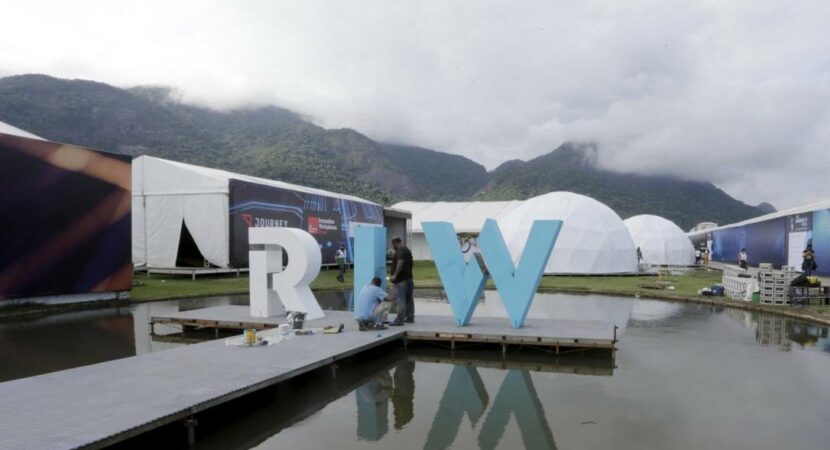
The panel “Transformations in the Energy sector”, held on Sunday (16/01), brought a discussion on renewable energies in Brazil
O Rio Innovation Week it was undoubtedly a great event, with significant participation from companies, the Government and society. I could not, therefore, fail to address issues such as renewable energy, a market that has been growing significantly in Brazil, even more pressured by the great recent energy difficulties, thanks to the worst water crisis in the last 91 years.
The panel “Transformations in the Energy sector” was highlighted during the event, bringing information and insights of great interest on renewable energies, in addition to the importance that oil and gas have in this transition, in addition to positions for the future of these sectors. The panel included representatives from the solar market (in the person of Rodrigo Lopes Sauaia, executive president of Absolar), from the wind energy market (in the person of Elbia Gannoum, CEO of the Associação Brasileira de Energia Eólica), and from the oil and gas market (in the person of Fernanda Delgado, corporate executive director of the Brazilian Institute of Oil and Gas).
- Renewable energy market in 2022 should surpass 2021 numbers, when wind and solar registered record rates in clean energy production
- TIVIT buys wind energy for the next 12 months, acquires shares of the Parque do Vento de São Mizael project and now has 100% of the energy consumed generated by clean sources, reducing the impact of carbon generation consumption
- 1 million consumers already produce their own solar energy in Brazil, totaling 8,6 GW of power, according to Absolar
Everyone agrees that changes are needed in Brazil's energy matrix, especially so that it ceases to be so dependent on hydroelectric energy, since climate variations, previously a simple ecological concern, are negatively affecting society and business in general, in this case generating a considerable increase in the value of electricity.
Partnerships for the future of renewable energies

In order to diversify Brazil's electricity matrix with alternative energies, there are several options, which were pointed out by specialists during the panel.
From biogas to microgeneration, be it solar, wind or even hydroelectric, the need for intervention by the private sector in the generation of renewable energies has been widely discussed.
An interesting example of growth that looks impressive in isolation but is still not so impressive in the big picture is solar microgeneration.
Even with the mark of one million consumers served by own generation of solar energy, in the universe of total energy consumers in Brazil, this means only 1% of the total, that is, there is a long way to go.
Another very interesting issue raised during this panel was the participation of the oil and gas market in this energy transition.
Many consider that the oil and gas sector is antagonistic to the changes caused by renewable energies, but this is not the case. There is even, as Fernanda Delgado said, an extremely interesting synergy between the offshore wind market and the oil and gas market.
This is because the oil and gas market has maritime expertise, which can be interesting for the installation of offshore wind generators, so much so that this has been a segment widely sought after by international oil companies in Brazil.
“The wind industry can lend an arm to the oil industry and, with that leverage, we create and boost offshore wind. There is a huge synergy in how to use ships, ports and structures. The entire end of the oil industry production line, which we call decommissioning, can even be used for the wind industry. There is a great synergy. There are businesses, there is money on the table and there is energy being created.”
Decarbonization in mind to meet COP 26 targets.
As it could not be otherwise, COP 26 was also a topic during this panel, pointing out that variation between different sources is necessary for Brazil to be able to create a renewable energy matrix that is versatile and independent of fossil fuels.
The oil and gas market itself has been seeking its own alternatives to stop depending on fossils.
In addition to green hydrogen, research into the application of new biofuels and green hydrogen has been carried out, so that Brazil can not only adapt to changes, but also become a prominent country in the world's new energy reality.













I want to work in other countries…
A car like this with automated transmission? AND…
I want a job as a cat D driver
Great article. 👏👏👏
I have a 1989 Monza, wonderful car…
Niobium in its alloy with Titanium,…
Aircraft carriers, more taxes for nothing, or…
It really was powdered milk, but the…